Filter by
Antifungal Medication for Dogs
Shop a selection of the best antifungal medication for dogs, including topical treatments and oral medications like Ketoconazole and Fluconazole.
-
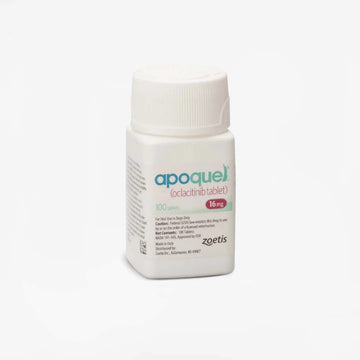
Apoquel (Rx)
$3.19 / unit
Multiple options available
-
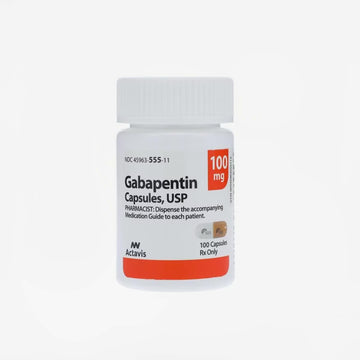
Gabapentin (Rx)
$0.28 / unit
Multiple options available
-
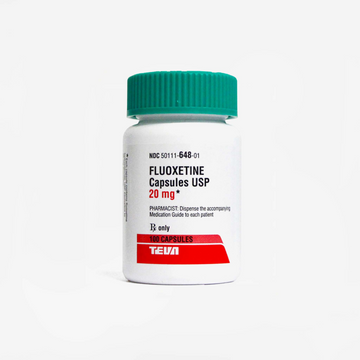
Fluoxetine (Rx)
$0.22 / unit
Multiple options available
-

Trazodone (Rx)
$0.30 / unit
Multiple options available
-

Bravecto for Dogs - 12-week dose (Rx)
$70.89 / unit
20% off for a limited time Use code FLEATICK20Multiple options available
-

Carprofen (Rx)
$0.30 / unit
Multiple options available
-
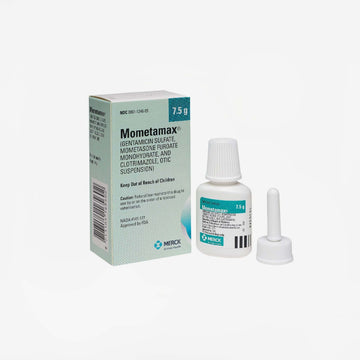
Mometamax Otic Suspension (Rx)
$38.84 / unit
Multiple options available
-
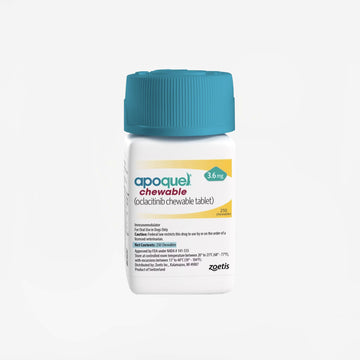
Apoquel Chewable (Rx)
$3.07 / unit
Multiple options available
-

Prednisone (Rx)
$0.22 / unit
Multiple options available
-
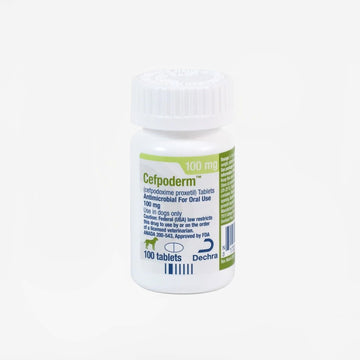
Cefpodoxime (Rx)
$1.70 / unit
Multiple options available
-
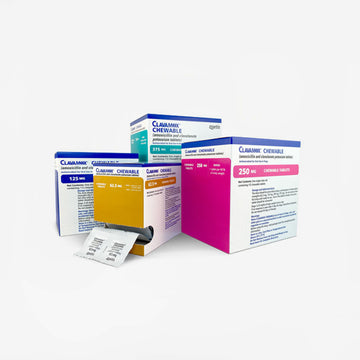
Clavamox (chewable tablet) (Rx)
$0.85 / unit
Multiple options available
-
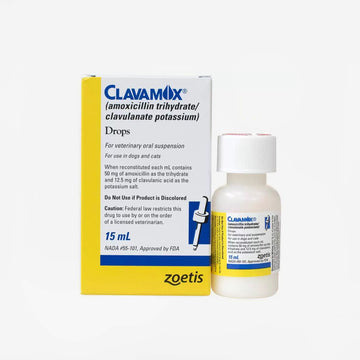
Clavamox (suspension) (Rx)
$41.99 / unit
-

Cephalexin (Rx)
$0.50 / unit
Multiple options available
-
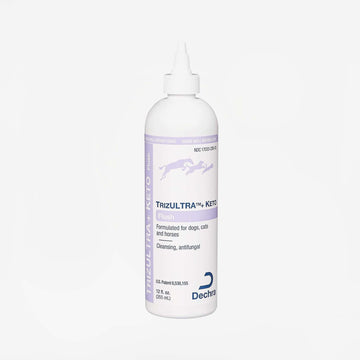
TrizULTRA + Keto Flush
$37.23 / unit
-
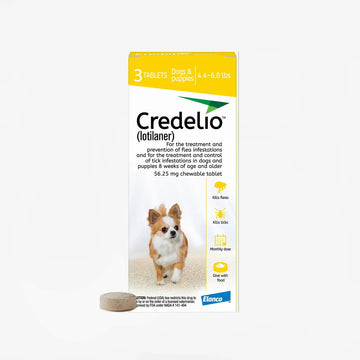
Credelio - 3 months (Rx)
$74.28 / unit
20% off for a limited time Use code FLEATICK20Multiple options available
-
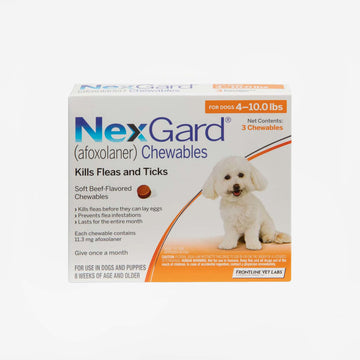
NexGard Chewables - 3 Months (Rx)
$86.19 / unit
20% off for a limited time Use code FLEATICK20Multiple options available
-
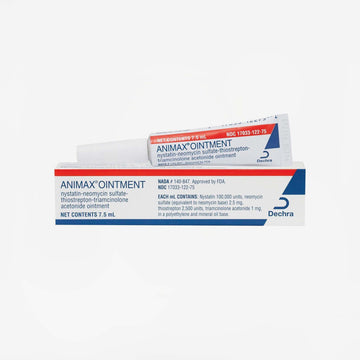
Animax Ointment (Rx)
$15.49 / unit
Multiple options available
-

Simparica Trio – 6 months (Rx)
$183.04 / unit
20% off for a limited time Use code FLEATICK20Multiple options available
-

Prednisolone (Rx)
$0.25 / unit
Multiple options available
-
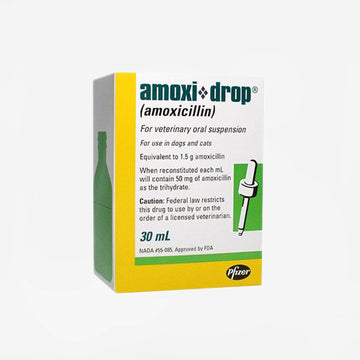
Amoxi-Drop 50 mg/ml Oral Suspension (Rx)
$20.01 / unit
Frequently asked questions
How do you get rid of fungal infection in dogs?
How do you get rid of fungal infection in dogs?
Fungal infections in dogs can be treated in a few different ways, depending on your dog’s condition. These include:
- Topical treatments: Antifungal medications for dogs may come in the form of topical treatments like shampoos, creams, or ointments, like MiconaHex+Triz Shampoo for Dogs & Cats.
- Oral medications: Some antifungal medications for dogs are given orally, like Ketoconazole (Rx) or Fluconazole (Rx). These tend to be prescription-only medications.
It’s important to talk to your vet before starting an antifungal medication for dogs, even over-the-counter medications. They can give you guidance on dosage, frequency, and the best formulation for your dog’s condition. They can also advise on possible drug interactions with your dog’s current medications.
Dutch members get unlimited access to licensed veterinarians to ask questions and learn about treatments to help their dogs lead happier, healthier lives. Join Dutch today to get started.
What happens if fungal infection is left untreated in dogs?
What happens if fungal infection is left untreated in dogs?
Untreated fungal infections in dogs can cause serious conditions. An untreated fungal infection can spread throughout a dog’s body, causing great discomfort and weakening their immune system. Open wounds caused by fungal infections can also lead to bacterial infections. In severe cases, untreated fungal infections can become systemic, causing organ damage and even failure.
What is the best antifungal medication for dogs?
What is the best antifungal medication for dogs?
Finding the best antifungal dog medication is a matter of talking to your vet. They will take the time to understand the specifics of your dog’s condition, as well as your dog’s habits and preferences. For dogs who don’t tolerate oral medications well, a topical treatment may suffice.
Your vet can also help come up with treatments to address symptoms associated with your dog’s fungal infection, like discomfort, itching, and or infections.
Are there any side effects associated with antifungal medications for dogs?
Are there any side effects associated with antifungal medications for dogs?
Common side effects of antifungal medications for dogs include:
- Gastrointestinal distress: Antifungals may lead to loss of appetite, vomiting, and diarrhea
- Skin concerns: Sometimes these medications can cause hair loss or skin lesions at the site of application
- Increased thirst or urination: Provide your dog with plenty of fresh water to avoid dehydration
- Elevated liver enzymes: Common with prescription antifungal medications
If you’re concerned about any of the side effects your dog is experiencing from their antifungal dog medicine, talk to your vet. They can advise whether the side effects are manageable or help find an alternative treatment.
How are antifungal dog medications administered?
How are antifungal dog medications administered?
Antifungal medications can be administered orally or topically, depending on the formulation. For a wide selection of dog antifungal medications, shop Dutch. Dutch members get guaranteed low prices and free shipping on all online pet pharmacy orders.





















